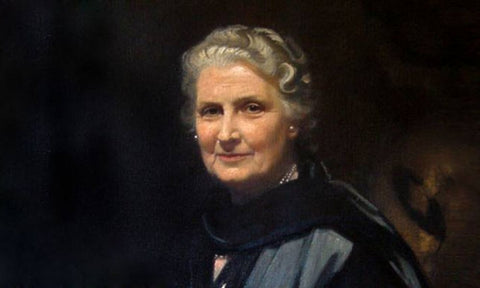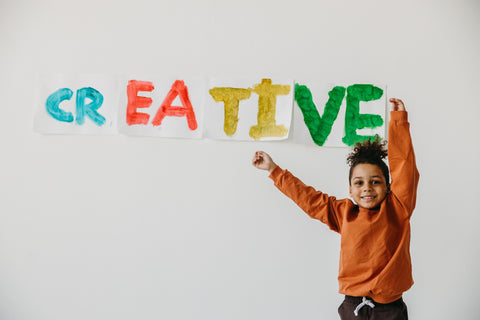Maria Montessori said that we need freedom to train our responsibility; we need the opportunity to be responsible in order to become truly free. And the best example of responsibility and discipline can only be an adult himself.

In the modern world, the Montessori movement is gaining more and more popularity. The private Montessori schools, private Montessori kindergartens and early development centers are opening everywhere. Usually Montessori kindergartens are designed for children from two to seven years old. Groups in such kindergartens are called uneven-aged. For kindergarten classes, manuals and materials developed by Maria Montessori and her followers are used. Specially designed manuals for Montessori learning, used in kindergarten, develop fine motor skills and coordination of movements, independence of children, introduce them to the basics of counting and native speech, help to explore the world around them and learn foreign languages. An important principle of the Montessori methodology, which is strictly followed in Montessori kindergartens, is that the child is not forced to study. And this principle works in every real Montessori center.
There are some principles of Montessori education:

- The child comes first
Maria Montessori was convinced that following the needs of the child was the best and the only right way for learning. Only a child knows what is most relevant for him today, here and now. Kids can devote an hour to pouring water, and no one should make them paint the sun or put rings on the pyramid.
- The environment around the child changes with their interests
The environment is a basis of Montessori pedagogy. It meets the needs of every child in the class. It changes and adapts to the needs of the child. Teachers always keep abreast of class life, observe children and change materials on the shelves, depending on their relevance. Also, the montessori furniture can be used in the classrooms and at home.
- Children are free to do what they want
The child enters the classroom and chooses an occupation for their absorbent mind. This freedom of a particular child sometimes intersects with the freedoms of other children, who also want, for example, to play with these particular toys. And here simple class rules come in - whoever first took the material is engaged. You can offer to play together, but the child has the right to refuse, and no one will call them greedy.
- The child themself can evaluate their work
Maria Montessori selected materials for children to learn independently. They don't need an adult to tell if a job is done right or not.
- No one will impose their help on a child
Self-reliance is encouraged and supported, no one will rush, push and help them without asking. But a child can always turn to a teacher for help.
The phenomenon of Montessori learning lies in its boundless faith in the nature of the child, in its desire to exclude any authoritarian pressure on the forming person, as well as in its orientation toward a free, independent, active personality!
Children attending Montessori preschool acquire a strong internal motivation for learning, the ability to concentrate on work, independence; they have good social communication skills and internal discipline, which allows them to easily enter a variety of schools!
